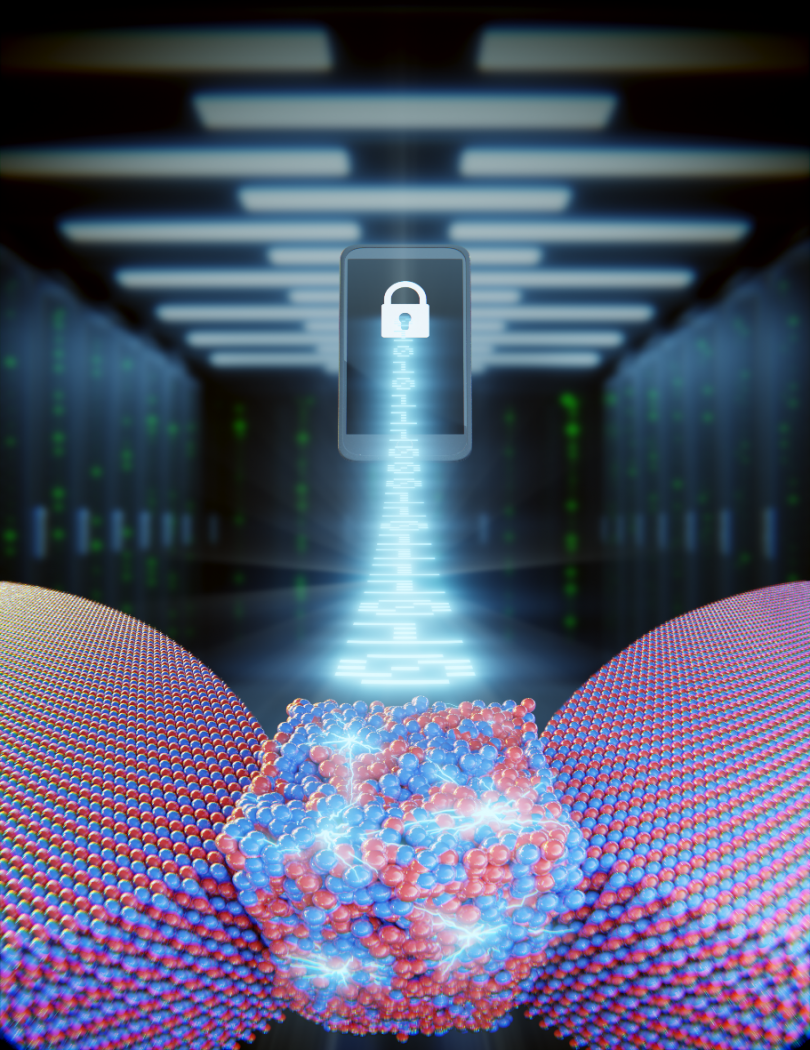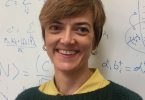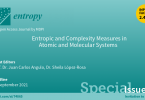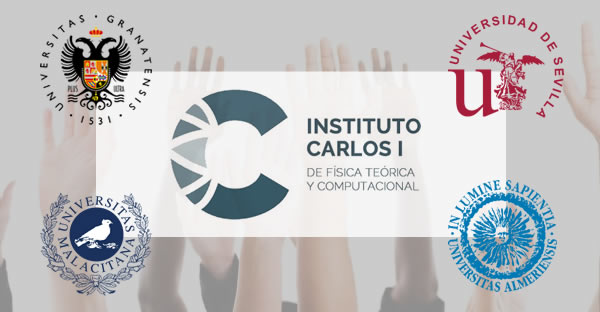A member of the Institute has participated in a work in the journal “Advanced materials” where creation of a true random number generation is proposed based in the stochastic properties of memristors’ workings. These new electronic devices present exceptional properties for applications related with non-volatile memories, neuromorphic computation and hardware cryptography.
Unlike memristors made with oxides of transition metals, which are more frequent, in this case it’s made of multilayered hexagonal boron nitrure. Using layers of this new material, which has a bidimensional structure, allows to develop technology for random number generation with a high level of randomness, even for long strings of bits, which are ideal for using in cryptography. In particular, its application is interesting for the production of one-use keys that can be used for safe payment methods with phones or for encrypted network connection or services in the context of “Internet-Of-Everything”. Memristors based in hexagonal boron nitrure have very low consumption, which allows to use them in portable applications where battery duration is essential.
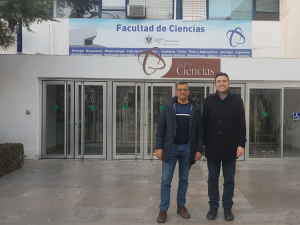
Professor Mario Lanza (Physical Sciences and Engineering Division King Abdullah University of Science and Technology (KAUST)) on the right, Professor at UGR Electronics department Juan Bautista Roldán on the left.
Datos del artículo.
Published in the journal Advanced Materials (impact factor 2020 of 27.3) and coordinated by professor Mario Lanza of King Abdullah University of Science and Technology (KAUST) of Arabia Saudi.
https://onlinelibrary.wiley.com/doi/full/10.1002/adma.202100185
Joint work in which other research groups have participated:
- Institute of Functional Nano and Soft Materials (FUNSOM) Collaborative Innovation Center of Suzhou Nano Science and Technology Soochow University (China)
- Dipartimento di Ingegneria “Enzo Ferrari” Università di Modena e Reggio Emilia Modena 41125, Italy
- IMEC (Belgica)
- Catalan Institute of nanoscience and Nanotechnology
- School of Physical Science and Technology ShanghaiTech University (China)
- Electronics department (Universidad de Granada). In particular, professor Juan Bautista Roldán, from the
“Nanoestructuras, propiedades cuánticas y aplicaciones tecnológicas” research group. - Department of Electrical Engineering, Stanford University (USA)
- Department of Electronic and Biomedical Engineering (Universitat de Barcelona)
CONTACT
Juan B Roldán Aranda
Electronics and Computer Science Department
Faculty of Science
Avda. Fuente Nueva s/n 18071
Tel +34 958244071
Universidad de Granada (Spain)


